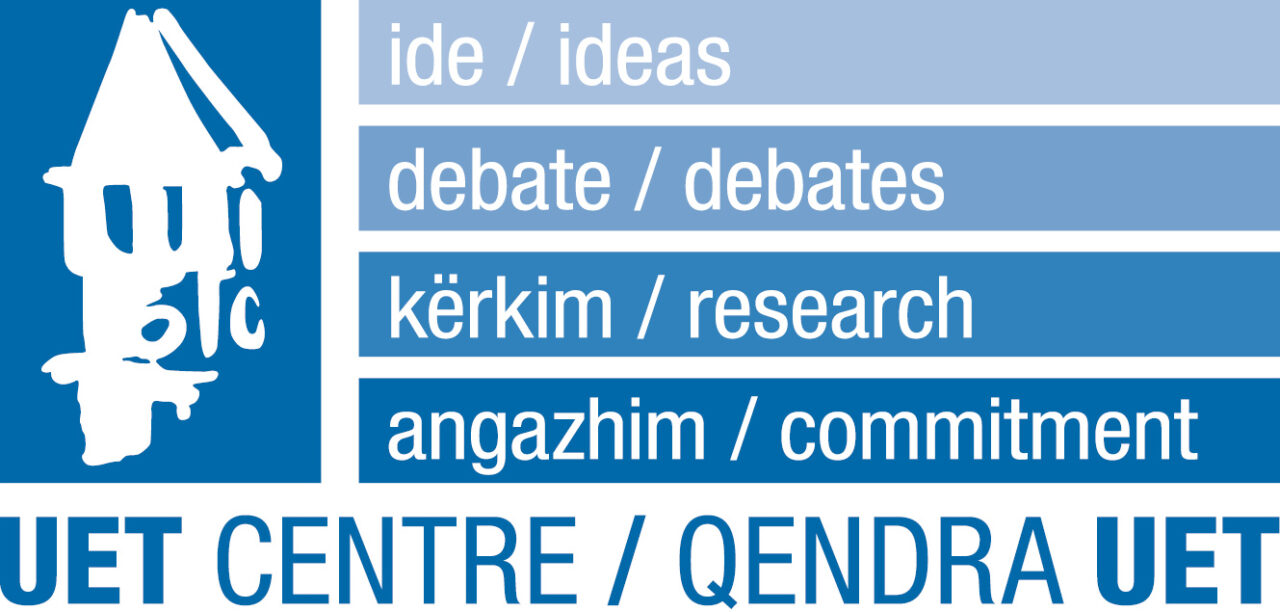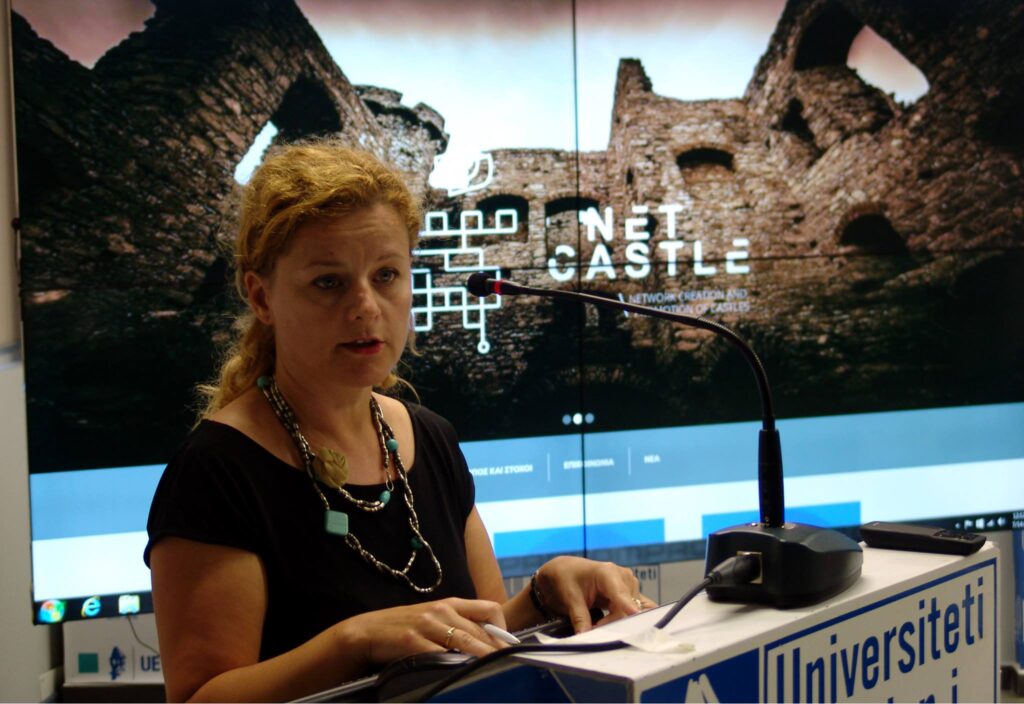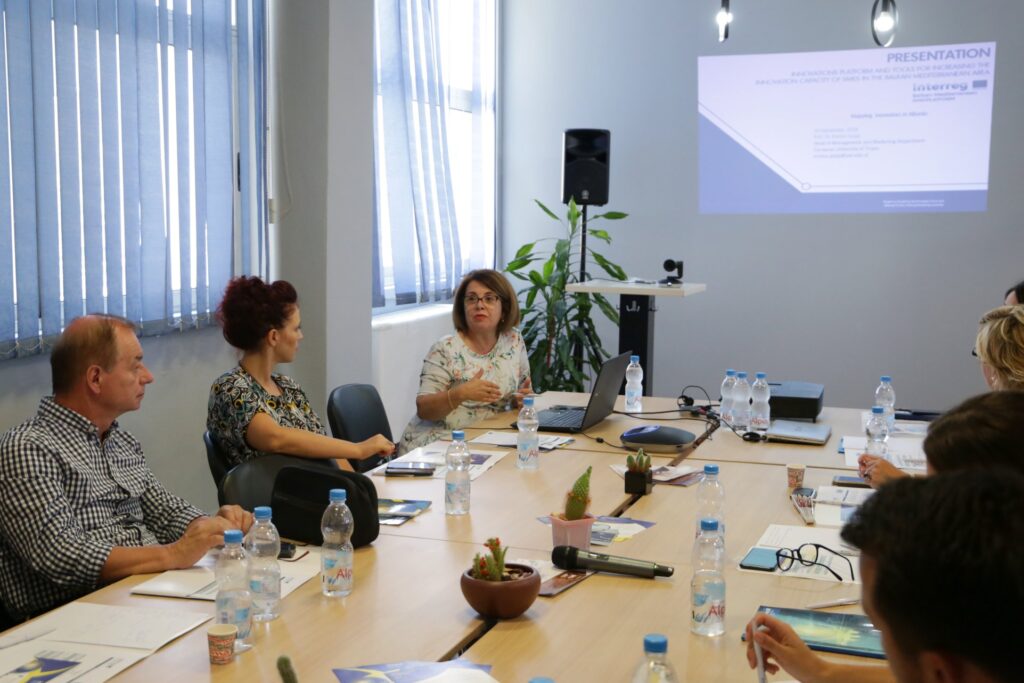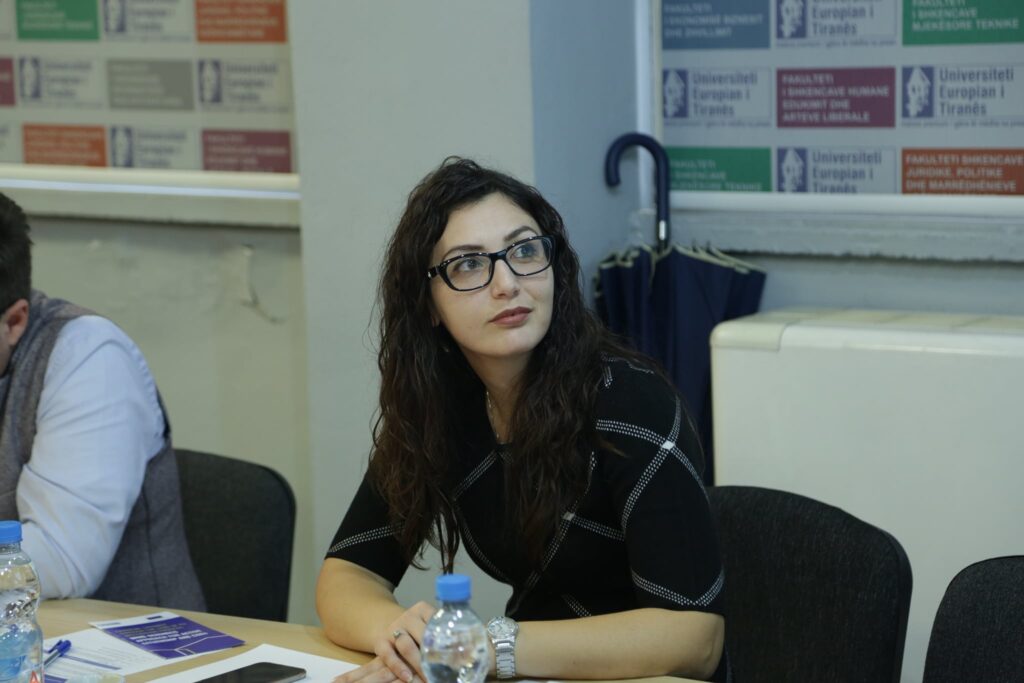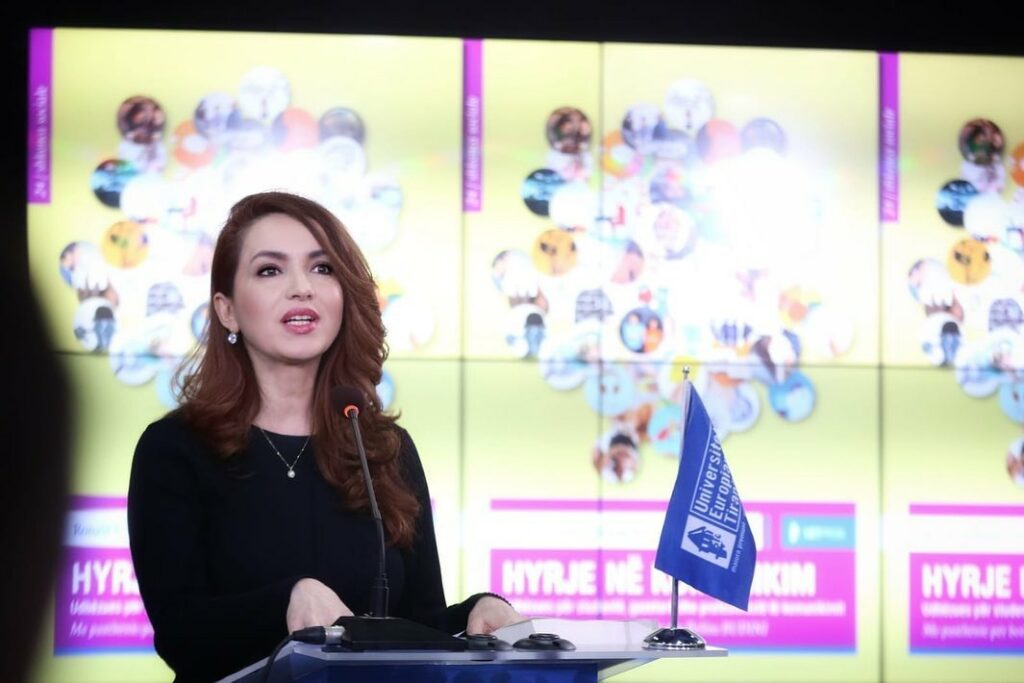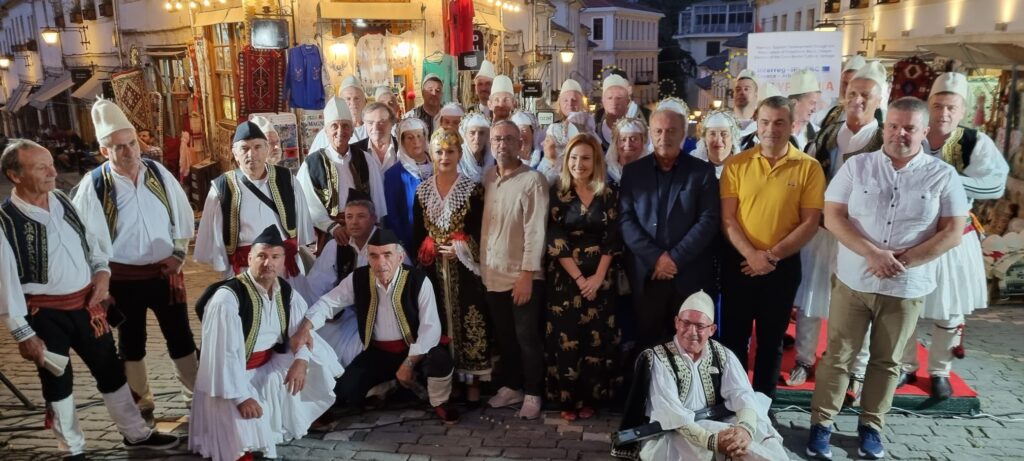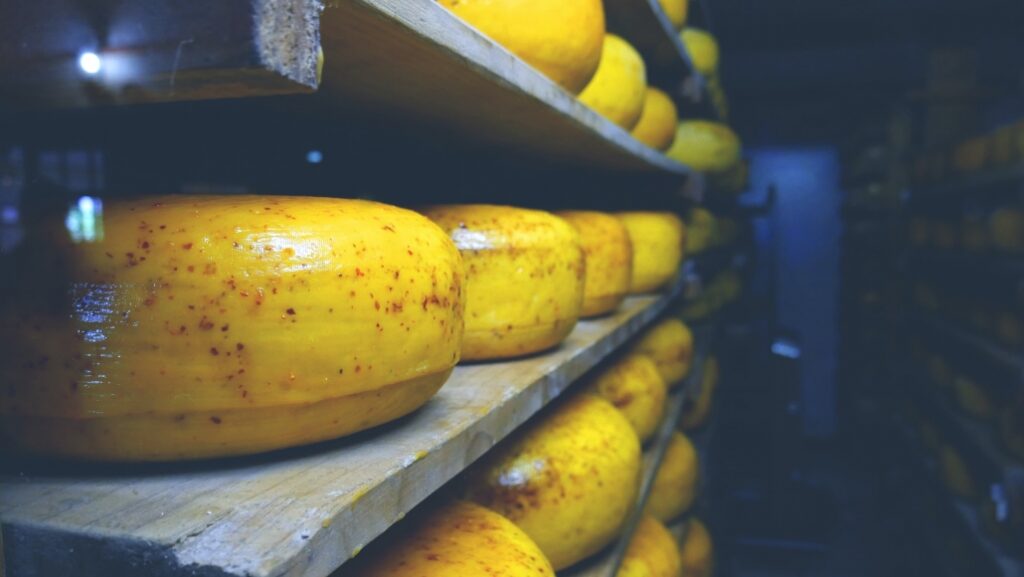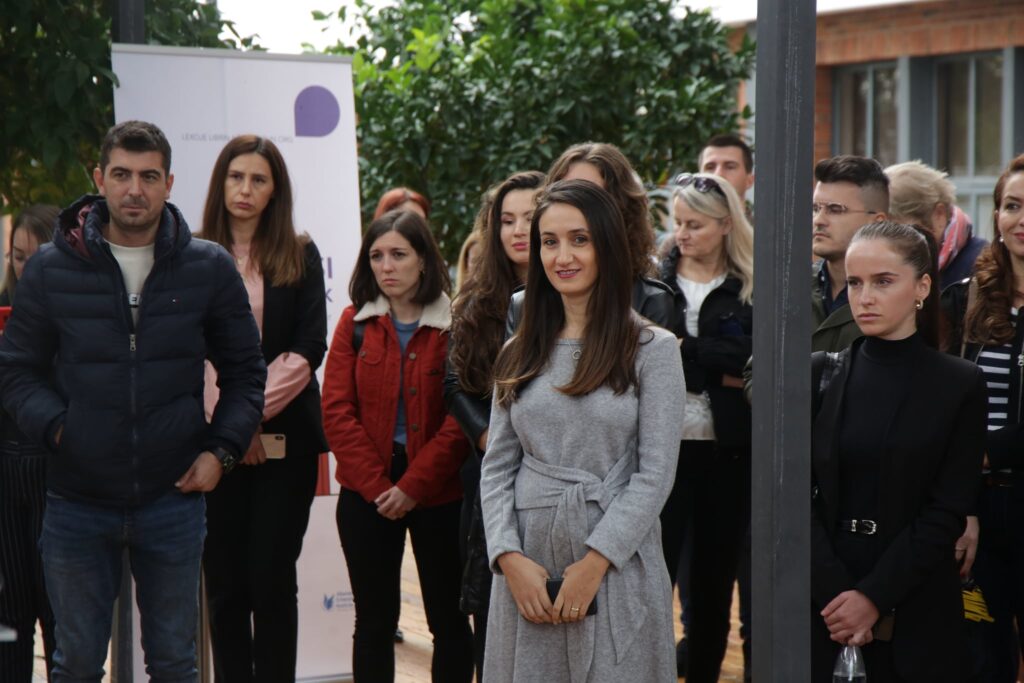Current Projects
NetCastle
What about this project IPA Netcastle –cultural values protection,tourism through the use of new technologies and modernization of informative methods (digitalization) of castles in the cross-border areas (Greece-Albania) In the framework of the Operational Program for Cross-Border Cooperation IPS between Greece and Albania, during 2007 – 2013, the implementation of “NET-CASTLE”, listed in Priority 2.1
School Low Carbon Footprint in Mediterranean cities
What about this project Edufootprint project is co-financed by the European Regional Development Fund – Interreg Mediterranean – MED. Overall information Buildings are responsible for 40% of final energy consumption and 36% of GHG emissions in the EU. About 50% of Mediterranean buildings are over 50 years old and will still be in use in
Roman Heritage in the Balkans
What about this project Roman Heritage in the Balkans project was co-funded by Western Balkans Fund. This area was part of the Roman Empire, therefore today we have a lot of remains and archaeological sites all over the region. However, when visiting those settlements and cultural monuments, it is difficult to imagine how they looked
Blue Boost
What about Blue Boost The overall project objective of improving the basic conditions for bridging the gap between the 3 helixes of the Adriatic-Ionian maritime clusters between research/Small Medium Enterprises (SMEs), users/SMEs and institutions/SMEs through innovative approaches seems to be feasible in the regional context and both contracting authority and key experts have the necessary
FROM M.E. TO E.U- “FROM Migrants’ Engagement TO Europe Upgrade”
What about the project This project aims to provide spaces and opportunities for European citizens and migrants’ communities to work together in order to build up and share a new idea of a multicultural Europe. The concept we believe-in is that, beside formal citizenship, there are different ways and method to involve people in the
Inno Platform
What about Inno Platform The project Inno Platform is a project co-funded by European Commision- Interreg Balkan-Mediterrean Programme aims at improving the competitiveness of the Balkan Mediterranean region by advancing existing knowledge on business model innovations and developing a set of tools (Inno tools) and services (Inno Scorecard and Inno Region) for improving SMEs opportunities,
Mind Genomics
What about Mind Genomics Considering the urging need for a more financially literate society for a faster EU integration and potential role of CSOs to address this pressing problem, this project aims at strengthen the role and participation of civil society organisations in the EU integration process of Albania, by supporting existing efforts to equip
The Feminine Side of Quality
What about the Feminine Side of Quality The overall objective of this project was to promote the IPA Cross-border Cooperation Action Programme Montenegro Albania – EU Delegation to Albania on enhancement of employability through the empowerment of women as wage earners and job creators. Specific objectives were:1. The promotion of better linkage of vocational training
Understanding Human Communication (AMA)
About this project This project aims to bring a basic text translated, edited and published in the Albanian language international of the university publishing house “Oxford University Press” in the field of communication and media. The selected text meets the highest theoretical and research standards academic and scientific, offering students the necessary tools of knowledge
Polyphonia
What about Polyphonia The regions of Epirus, Gjirokaster & Vlore are rich in cultural heritage of polyphonic music. The geographic isolation has contributed greatly to the fact that this particular genre is so distinctly different from the rest of the Balkans and surrounding European countries. Indeed, the similarities between the Epirotic and South Albanian polyphonic
CheeseCult
What about CheeseCult CheeseCulT: Boosting the local economy the gastronomic potential, a driving force for rural tourism development In a region of abundant natural resources, numerous examples of cultural & historic heritage, as well as vibrant folklore, the tourism industry has yet to become a major development driver. CheeseCulT presents a unique opportunity for sustainable
Common Sense of Economics
What about EFI “Everyone involved in the Economic Fundamentals Initiative has spent much of their career living and working across the region. We are economists. We are teachers. We are educational administrators, marketers, editors and translators. All of us are acutely aware of the urgent challenges which the countries of this region are facing. We
Tirana Throwdown
‘Tirana Throwdown took place on a three day activity in the premises of the Asllan Rusi Palace. This was the first international event of intensive and functional training in Albania. 140 foreign and albanian athletes were invited where they also participated in the competition. At the end, there were respective prizes for the winners.” Tirana
Girls Speak Digital Economy
The “Girls Speak Digital Economy” (GSDE) project is organized by the UET Center in cooperation with the National Youth Congress and the Municipality of Tirana, within the framework of the Tirana European Capital of Youth Program 2022. ( www.tiranaeyc2022.al ) The main goal of the project is to empower women/girls with the ability to was
Digital Money and Banking
Albanian-Japan Chamber of Commerce and Industry, in cooperation with the Faculty of Economics, Business and Development at the European University of Tirana and UET Centre, organized the Academic Seminar ‘Digital Money and Banking’. The seminar was focused on digital and electronic money, which are becoming ubiquitous in the financial industry and banking sectors. This seminar
